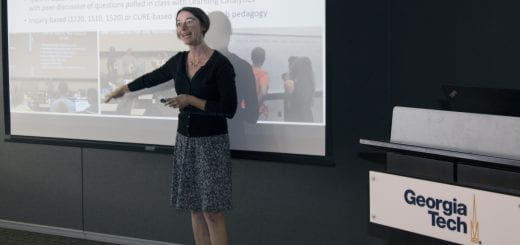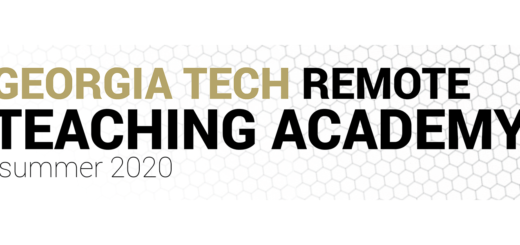Announcing the 2024 CTL Faculty Teaching Award Winners
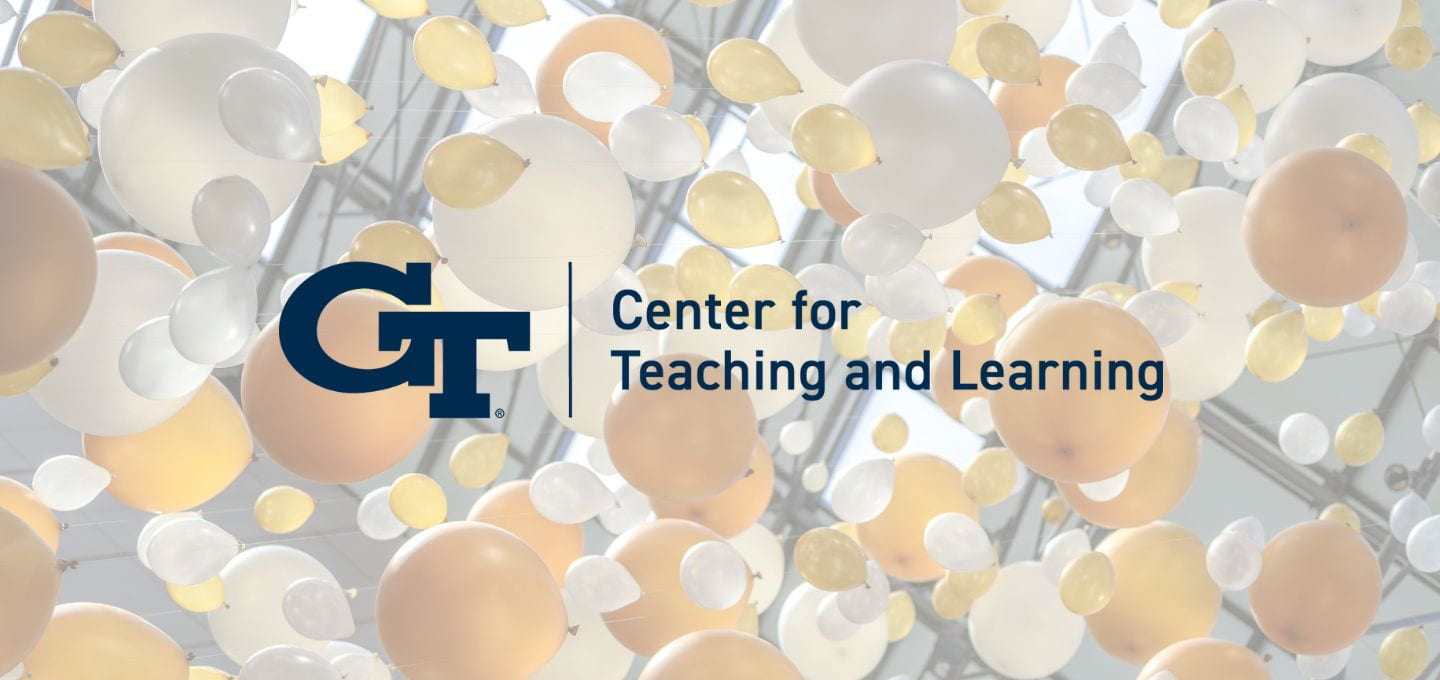
The Center for Teaching and Learning is pleased to announce the 2024 Faculty Teaching Award winners! Several committees comprised of past award winners carefully reviewed, deliberated, and selected the winners of each award. Details about the eligibility and criteria for each award can be found on the CTL website. Winners will be recognized at the Institute Faculty and Staff Honors Luncheon on April 26th. Congratulations to all of the winners!
2024 Center for Teaching and Learning Faculty Teaching Awards:
Junior Faculty Teaching Excellence Award:
 Lindsey Bullinger, Public Policy
Lindsey Bullinger, Public Policy
Bullinger receives overwhelmingly positive feedback from the students in her difficult, core undergraduate and graduate Public Policy courses. She is committed to actively engaging students and working with them to achieve course goals. Her students reflect on how her approach allows them to get the most out of their education. In addition, she has a strong track record of mentorship of students from across the institute.
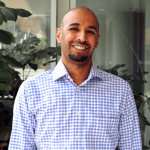 Anirban Mazumdar, Mechanical Engineering
Anirban Mazumdar, Mechanical Engineering
Mazumdar’s ME 4551 Robotics course engages students in mobile robotics and using an innovate lab architecture that allows each student the opportunity for experiential learning. He also supports undergraduate research through his VIP on Low-Cost Aerial Autonomy, teaching a wide range of Georgia Tech students about drones. In addition, he provides leadership to the SURE Robotics REU. His students recognize his teaching excellence, as evidenced by high CIOS scores and written testimonials.
 Daniel Molzahn, Electrical and Computer Engineering
Daniel Molzahn, Electrical and Computer Engineering
Molzahn’s exceptional CIOS scores and student feedback highlight his commitment to supporting authentic course projects. He has curated an interview archive with senior power engineers, created video game simulations for power grid operations during extreme events, and facilitated valuable connections between current students and alums. These efforts extend beyond his students, benefiting colleagues at Georgia Tech and beyond.
Curriculum Innovation Award
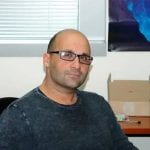 Francesco Fedele, Civil and Environmental Engineering
Francesco Fedele, Civil and Environmental Engineering
Fedele created the course Arts and Geometry in 2018, which engages students in learning how fundamental concepts in geometry have infused the work of influential scientists and artists who have advanced important innovations in their fields. Each semester, he has collaborated with local artists, including Emily Vickers, Rachel Grant, Anna Doll, and Jerushia Graham, to expose students to artists, artists’ work, and artistic methods. His students were so enthusiastic about their experience in the course that they collectively wrote letters to support his nomination packet.
Geoffrey G. Eichholz Teaching Excellence Award
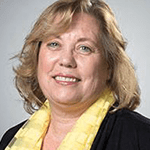 Mary Hudachek-Buswell, Computing Instruction
Mary Hudachek-Buswell, Computing Instruction
Hudachek-Buswell has found innovative ways of addressing the challenges of teaching large core computing courses including by designing a CSVISTOOL to allow students to see data structures, examine algorithms, and trace the line of code being implemented. Her mentorship and support of her undergraduate TAs are notable, especially the ways she works with her TAs to engage students in her large courses.

Christopher Stanzione, Psychology
Stanzione is both an effective educator and educational leader. In his own teaching, he engages students in reflection to help them think like a psychologist. As the Associate Chair of Undergraduate Education, he obtained an Affordable Learning Georgia grant to develop an Open Educational Resource Textbook that transformed the educational experience of PSYC 1101. As a Chancellors Learning Scholar, he engaged faculty from across campus in meaningful discussions about teaching and learning grounded in the neuroscience of learning.
Innovation and Excellence in Laboratory Instruction Award
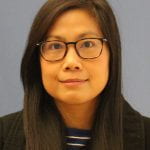 Anh Le, Chemistry and Biochemistry
Anh Le, Chemistry and Biochemistry
Le is passionate about helping students gain a working understanding of chemistry through hands-on experience in designing and implementing modern experiments. She completely redesigned the Physical Chemistry Lab experience for both the students and her TAs. She took a student-centered approach, focusing on providing students with a more cohesive progression, allowing them to build a transferable skill set that “extends beyond the laboratory setting to real-life application.” Furthermore, she completely restructured the lab report requirement, making the workload more manageable and allowing students to focus their learning on the data analysis.
Innovation in Co-Curricular Education Award
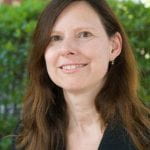 Carla Gerona, History and Sociology
Carla Gerona, History and Sociology
For over a decade, Gerona has developed innovative approaches to teaching early American history of the local Atlanta region. In her classes, students engage in non-traditional activities that help them “develop respect for other cultures, ”through respect for voices that have been excluded from our own culture. Students work on authentic assignments that engage a broad audience, including hands-on museum exhibits and digital storytelling publicly through the digital platform Southern Trails in Early American History.
 Lawrence Rubin, International Affairs, and Zachary Taylor, Public Policy
Lawrence Rubin, International Affairs, and Zachary Taylor, Public Policy
Rubin and Taylor created GTDC: Pathways to Policy as a Global at Home program in 2023, giving students a Washington DC-based experience that combines a course with internships, mentorships, networking, and other extra-curricular activities. After only one year, this program is already making a positive impact, fostering interest in students without prior background in public policy through experience, mentorship, and connections with alumni.
Scholarship of Teaching and Learning Award
 Colin Harrison, Biological Sciences
Colin Harrison, Biological Sciences
Harrison’s scholarship on equity in academia focuses on minimizing student challenges in the classroom and providing ways for students to be resilient when faced with challenges outside of the classroom. He studies how supportive structures, such as positively framed instructor talk, Scientist Spotlights reflections, and course-based undergraduate research experiences, allow students to feel like they belong in academic spaces. Dr. Harrison explains, “By focusing our efforts on teaching in this manner, we can make science a more welcoming place for all.” His colleagues endorse the positive impact his publications have had on the field.
Teaching Excellence in Online Teaching Award
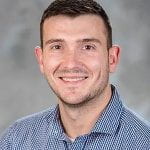 AJ Medford, Chemical and Biomolecular Engineering
AJ Medford, Chemical and Biomolecular Engineering
Medford created Data Analytics for Chemical Engineers. Since the Fall of 2020, he has iteratively improved the course. One challenge serving three different cohorts of students: undergraduates, graduate students, and professional scientists and engineers, each with different skill sets and experiences. Yet, Dr. Medford believes that the course should “provide all students with the skills needed to apply analytics models in Python while also ensuring that all students remain engaged and challenged by the course materials.” To do this, he created a team-based approach that allows students to learn from each other while applying the course to real-world challenges.
Undergraduate Educator Award
 Michael Evans, Chemistry and Biochemistry
Michael Evans, Chemistry and Biochemistry
Evans strives to maintain both high academic standards and positive student-instructor relationships in the courses that he leads. His approach to teaching emphasizes detailed student feedback, inclusiveness and accessibility, and community development. His innovative methods have led to grading systems focusing on feedback and student growth, a flipped classroom model built on universal design and peer learning, and digital communication tools promoting open and transparent dialogue. Mike has impacted the community and the Undergraduate Program of his college through his service at various events.
Educational Partnership Award
 Saad Bhamla, Chemical and Biomolecular Engineering, Janet Standeven, Program Director, Frugal Science Academy, Elio Challita, Postdoctoral Researcher, Engineering and Applied Sciences, Harvard University
Saad Bhamla, Chemical and Biomolecular Engineering, Janet Standeven, Program Director, Frugal Science Academy, Elio Challita, Postdoctoral Researcher, Engineering and Applied Sciences, Harvard University
In 2017, Standeven, a biotech teacher at Lambert High School, faced equipment limitations for her iGEM team’s synthetic biology projects. She contacted Bhamla, a postdoc at Stanford’s Prakash Lab who was innovating ultra-low-cost diagnostic tools. This sparked a collaboration as Bhamla transitioned to Georgia Tech. When Challita joined Bhamla’s lab, he contributed his mechanical engineering skills and drive to mentor high school students. This partnership has produced frugal devices, published papers with high school lead authors, and established a National Institute of Health-funded Frugal Science Academy at Georgia Tech, guiding high school scholars toward scientific careers.


